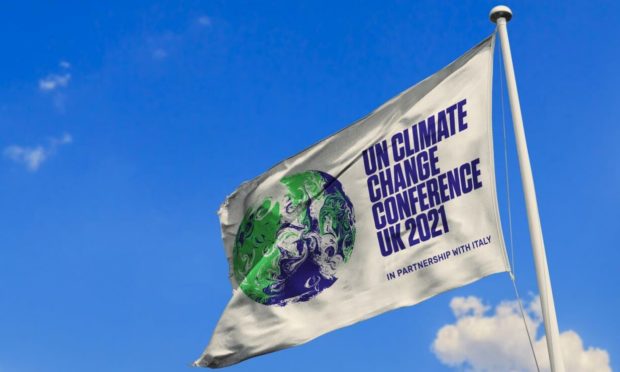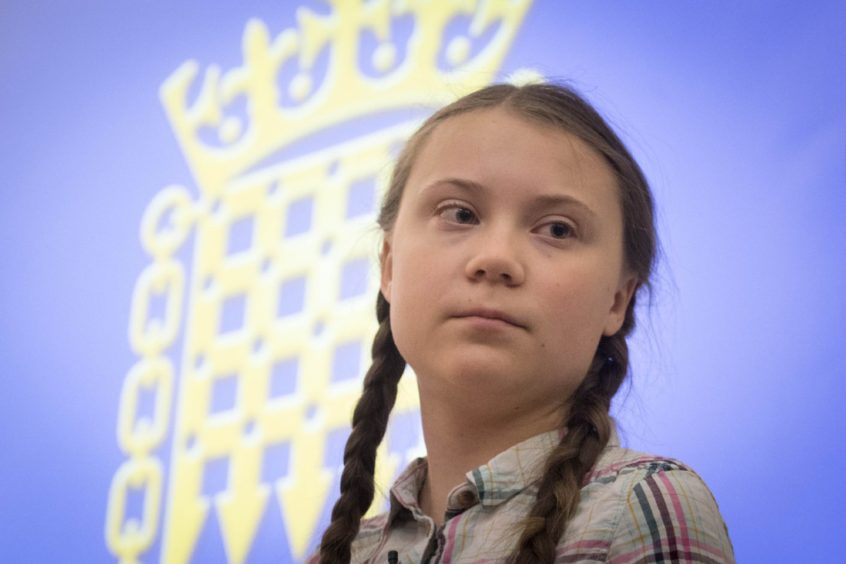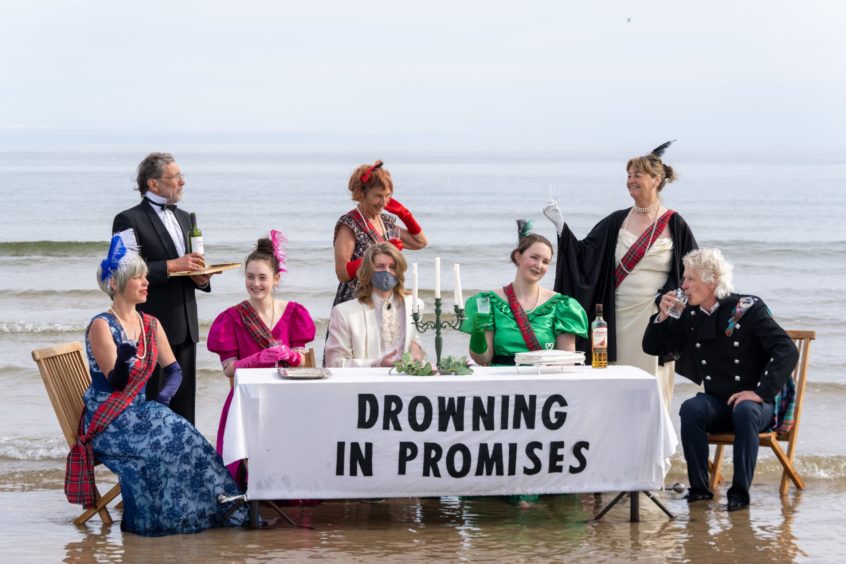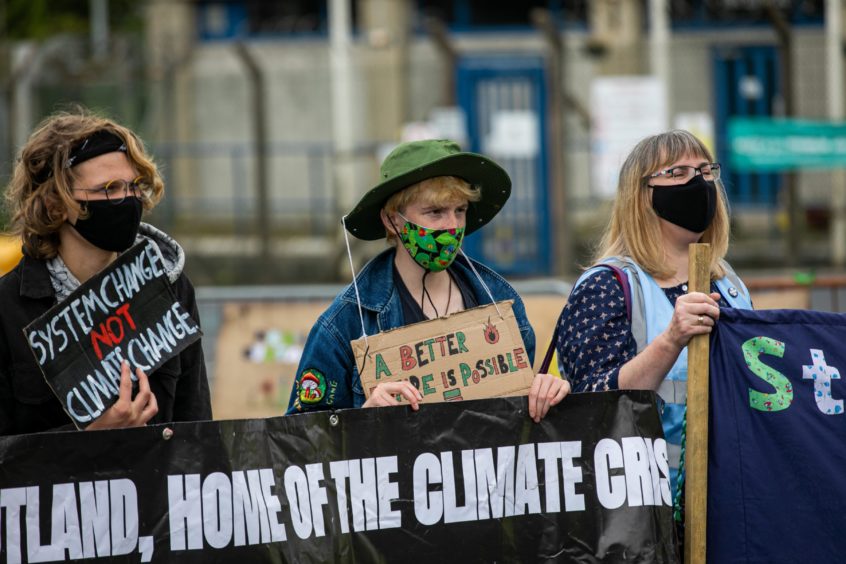There’s just over a month to go until the United Nations climate summit, COP26, takes place in Glasgow.
World leaders and delegates from 196 countries are expected to arrive in the city for the biggest diplomatic meeting on UK soil since the Second World War.
Famous faces on the guest list include the Queen, climate activist Greta Thunberg and even Arnold Schwarzenegger.
But what is COP26 all about?
What does COP26 mean?
COP stands for Conference of the Parties, and will be attended by countries that signed the United Nations Framework Convention on Climate Change (UNFCCC) – a treaty agreed in 1994.
It’s not exactly a snappy title, but basically the treaty aimed to combat “dangerous human interference with the climate system”, in part by reducing the amount greenhouse gas released into the atmosphere
The 2021 meeting will be the 26th meeting of the group, which is why it’s called COP26.
The last conference, COP25, was held in Madrid in November 2019. Perhaps the most memorable moment was 16-year-old Greta Thunberg’s speech where she said: “Without pressure from the people, our leaders can get away with not doing anything!”
In truth, the COP meeting in Madrid finished with lots of big issues unresolved, but an agreement was made about cutting carbon dioxide – a gas responsible for global warming.
Each nation agreed to devise a plan to cut their carbon emissions by the next conference in Glasgow.
What is the aim of COP26 Glasgow?
To stop the temperature rising by more than 1.5C by the end of the century.
Much of this year’s conference will centre on delivering goals set out in the 2015 Paris Agreement and checking what progress has been made already.
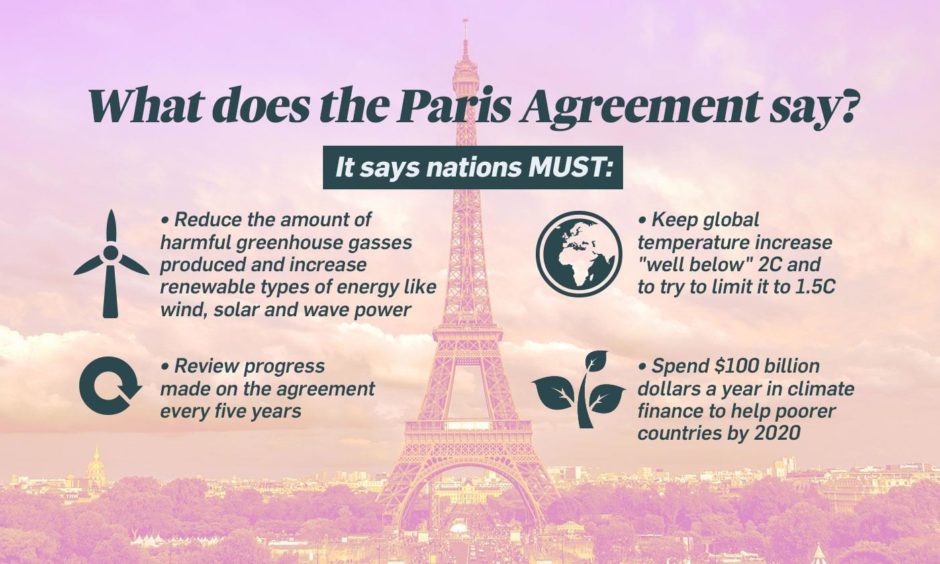
In 2020 the United States officially pulled out of the deal, which was a huge blow to international efforts to halt global warming.
But less than six months later the new President Joe Biden re-joined. Things appear to be back on track, though there is still lots of debate about exactly how the agreed goals should be achieved.
How long will COP26 last?
COP26 is due to take place from November 1 to 12, 2021 at the Scottish Event Campus (SEC) in Glasgow.
The summit will be chaired by UK cabinet minister Alok Sharma, who was a bit of a surprise choice to take on the role of president of the crunch UN climate talks.
Sharma has a mixed record on voting on green issues in parliament. TheyWorkForYou, which rates MPs on their voting records, found he “generally voted against measures to prevent climate change”.
However, he has used his role to promote action on the climate crisis, by assisting developing countries to improve their resilience to the impacts of extreme weather, and tackling issues such as deforestation and clean energy. He has also urged the World Bank to focus more of its funding on the climate crisis.
"We cannot achieve the scale of changes needed at the expense of the poorest nations and people"
With the @UN General Assembly starting this week, listen to Sir David Attenborough explain why now is the time for urgent, collaborative #ClimateAction.#COP26 | #UNGA
— COP26 (@COP26) September 13, 2021
What is the COP26 agenda?
The UK and Italian governments, which are co-hosting COP26, have set four goals for the 2021 event:
- Agreeing a step change in commitments to emissions reduction
- Strengthening adaptation to climate change impacts
- Getting finance flowing for climate action
- Enhancing international collaboration on energy transition, clean road transport and nature.
However, the main item on the agenda for COP26 is to finalise “implementation guidelines” for Article 6 of the Paris Agreement.
Essentially, Article 6 is all about why countries must urgently decarbonise their economies, but it makes no mention of how these systems should work and what rules will ensure they lead to real emissions cuts.
And the nations involved have repeatedly failed to agree on a common set of rules to lead to global change.
This time around the world will be watching policymakers closely after scientists declared it’s “now or never” to take action on the climate crisis.
Why should I care about COP26?
COP26 is being billed as humanity’s “last best chance” to save our planet from ecological catastrophe.
Right now, the planet is 1.1C hotter than it was between 1850 and 1900, causing melting ice-caps, rising sea levels, more severe weather events and all the consequences on our lives that stem from those.
Meanwhile a recent global survey showed that four in 10 young people fear having children due to climate crisis and that nearly six in 10 young people, aged 16 to 25, were very or extremely worried about climate change.
The Intergovernmental Panel on Climate Change has already issued a “code red for humanity” because of global warming.
If serious commitments to take radical action are not made at COP26, scientists are warning that the impact on our planet will be irreversible.
